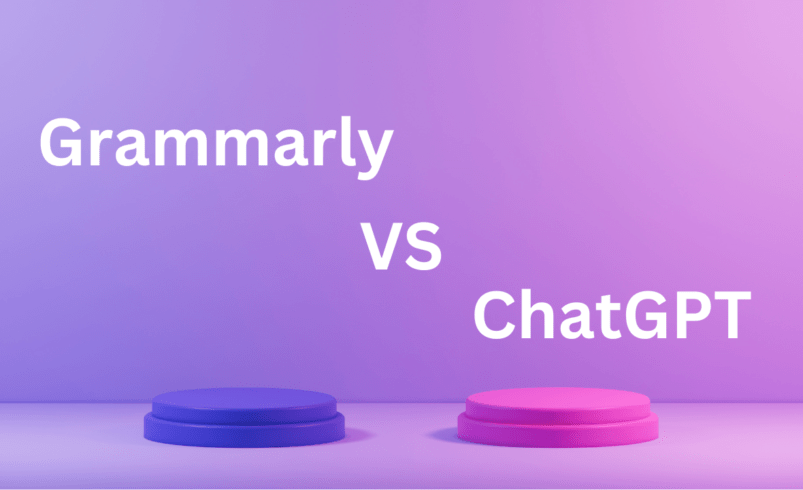
Digital Marketing: The Power & Challenges Of AI Integration
Artificial Intelligence (AI) has revolutionized the field of digital marketing by providing businesses with the ability to analyze large amounts of data quickly and accurately. This has enabled them to make data-driven decisions and optimize their marketing strategies in real-time. AI has also enabled businesses to personalize their marketing campaigns and deliver unique customer experiences.
One of the most significant benefits of AI in digital marketing is its ability to automate repetitive tasks. This has enabled businesses to save time and focus on more critical tasks such as strategy development and customer engagement. AI-powered chatbots, for example, can handle customer queries and provide support 24/7, freeing up human resources to focus on other tasks.
AI has also enabled businesses to gain insights into customer behavior and preferences. By analyzing customer data, businesses can identify patterns and trends, enabling them to tailor their marketing strategies more effectively. This has led to increased customer engagement and higher conversion rates.
Tool Ranking
There are several AI tools available that can help businesses optimize their digital marketing strategies. Here are some of the best AI tools for digital marketing:MarketMuse is an AI-powered content optimization tool that helps businesses create high-quality content that resonates with their target audience. It analyzes content and provides recommendations on how to improve it, making it more engaging and relevant to the target audience.
Google Analytics is a web analytics service that provides businesses with insights into their website traffic and user behavior. It enables businesses to track user behavior, identify trends, and optimize their website for better user engagement.
Hootsuite Insights is an AI-powered social media analytics tool that provides businesses with insights into their social media performance. It enables businesses to track their social media metrics, identify trends, and optimize their social media strategy.
Optimizely is an AI-powered experimentation platform that enables businesses to test different variations of their website and marketing campaigns. It enables businesses to optimize their website and marketing campaigns for better user engagement and higher conversion rates.
IBM Watson Studio is an AI-powered data science platform that enables businesses to build and deploy machine learning models. It enables businesses to gain insights into customer behavior and preferences, enabling them to tailor their marketing strategies more effectively.

What are some challenges with using AI in digital marketing?
While AI has transformed digital marketing, it is not without its challenges. Here are some of the most significant challenges of using AI in digital marketing:The digital marketing landscape is constantly evolving, and businesses need to keep up with the latest trends to stay ahead of the competition. AI can help businesses analyze data and identify emerging trends, but it can be challenging to keep up with the pace of change.
Implementing AI in digital marketing requires a significant initial investment, which can be a barrier for small businesses.
AI relies on data to make accurate predictions and recommendations. If a business does not have enough data, the AI algorithms may not be effective.
Social media platforms have strict policies on data usage, which can limit the effectiveness of AI-powered marketing campaigns.AI relies on data to make accurate predictions and recommendations. If a business does not have enough data, the AI algorithms may not be effective.
AI-powered marketing campaigns can raise ethical and moral concerns, such as privacy violations and the use of biased algorithms.
AI requires significant processing power, which can be a challenge for businesses with limited IT infrastructure. Lack of talent and skilled resources: AI requires specialized skills and expertise, which can be difficult to find and expensive to hire.
AI requires specialized skills and expertise, which can be difficult to find and expensive to hire.
Implementing AI in digital marketing requires a significant initial investment, and measuring the ROI can be challenging.
AI algorithms rely on data to make predictions and recommendations. If the data is incomplete, biased, or imperfect, the outcomes may be poor.
What are some benefits of using AI in digital marketing?
AI has transformed digital marketing by providing businesses with the ability to analyze large amounts of data quickly and accurately. This has enabled them to make data-driven decisions, automate repetitive tasks, and personalize their marketing campaigns. Here are some of the most significant benefits of using AI in digital marketing:
Conclusion
In conclusion, AI has transformed digital marketing by providing businesses with the ability to analyze large amounts of data quickly and accurately. It has enabled businesses to make data-driven decisions, automate repetitive tasks, and personalize their marketing campaigns. AI has several benefits for digital marketing, including improved customer targeting, personalized customer experiences, increased efficiency, real-time optimization, improved content creation, and better decision-making.FAQs
1. How has AI revolutionized digital marketing?AI has revolutionized digital marketing by enabling businesses to analyze large volumes of data rapidly and accurately. This capability allows for data-driven decision-making, real-time optimization, and personalized customer experiences.
2. What are the key benefits of using AI in digital marketing?
The key benefits of integrating AI into digital marketing include improved customer targeting, personalized customer experiences, increased operational efficiency, real-time optimization, enhanced content creation, and better-informed decision-making.
3. What are some challenges associated with implementing AI in digital marketing?
Challenges in implementing AI in digital marketing include rapidly changing trends, high initial investment costs, dependence on sufficient data, social media platform policies, ethical concerns, infrastructure limitations, and the need for specialized talent.
4. Can you recommend some AI tools for optimizing digital marketing strategies?
Certainly! Some recommended AI tools for digital marketing optimization include MarketMuse for content creation, Google Analytics for web analytics, Hootsuite Insights for social media analytics, Optimizely for experimentation, and IBM Watson Studio for building and deploying machine learning models.
5. How does AI contribute to improved decision-making in digital marketing?
AI contributes to improved decision-making in digital marketing by analyzing large datasets swiftly and accurately. This enables businesses to make data-driven decisions, optimize marketing strategies, and respond to evolving trends in real-time, ultimately enhancing the overall effectiveness of digital marketing campaigns.
















